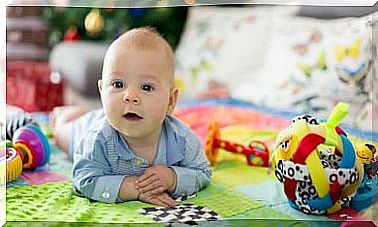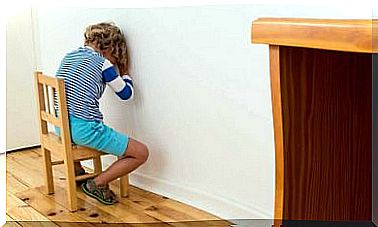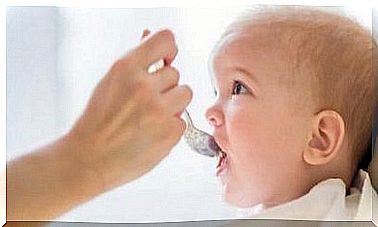Should Parents Give Children Compliments?

We all like to be complimented when we achieve something or when we do something good. However, parents should be careful not to give children compliments too often. On the one hand, this can lead to too many expectations on the part of the adults. And on the other hand, it can make it difficult for the little ones to take responsibility and become autonomous.
Compliments vs. flattery
The verb to flatter refers to the act of praising a person in an exaggerated and generally self-serving way to satisfy their pride or vanity.
When a parent gives a child compliments, they do not necessarily have to have a particular interest. When most parents choose to give children compliments, they do not intend to simply satisfy or increase their vanity.
On the contrary, when parents praise their children, they do so primarily to show them love and affection.

So it is good for parents to give children positive comments when they achieve something. Or to highlight their qualities and merits in an activity or task, as all of this helps children build their personality and self-esteem and feel valued and loved.
Although parents’ intentions are good when they give their children compliments, everything in life must be in its proper scale.
Is it positive to give children compliments?
Yes, it is positive to give children compliments, but as we have said, parents need to find the right balance. That is, it is good to give children compliments occasionally, but it is not good to exaggerate it for the following reasons:
- It is one thing to flatter children so that they feel skilled, competent and confident. But it is something completely different to do it to make them feel “almighty” and better than others. It is important to be careful and teach children to distinguish between self-confidence and arrogance.
- Children need to learn to do things well, to behave properly and to have a good attitude. But they should not expect constant praise just for doing so. They should rather do these things because it is their responsibility and obligations. Excessive flattery can cause dependence in children and lack of autonomy.
- Contrary to many people’s beliefs, making children stronger can make them more vulnerable. Children should learn to do things themselves, with their own efforts and learn from their mistakes.
- Not flattering children that much can help them deal with their frustrations better. It is better to teach children to fight for and achieve their goals through inner motivation and not through praise and flattery from their parents.
- Praise does not mean lying. Therefore, parents should accept their children as they are and should be careful to highlight virtues or qualities that their children do not possess.

It is better to encourage and motivate rather than flatter children
Instead of giving children compliments when they have achieved something, it is better for their parents to encourage and motivate their children so that they enjoy the journey of achieving their goals. And in this way, parents will teach their children to strive, to be more constant, and to persevere.
Therefore, it is good to give our children a little praise when they achieve something, e.g. “ You are a master. You are the best. You look so good! Fantastic work! ”. However, it is more positive to encourage and challenge our children to achieve their projects and dreams. And teaching them that their own improvement is more important than flattery.
And lastly, it is much more positive for parents to get their children to understand the reasons and benefits of behaving nicely and having positive attitudes, rather than just praising them for these things.









